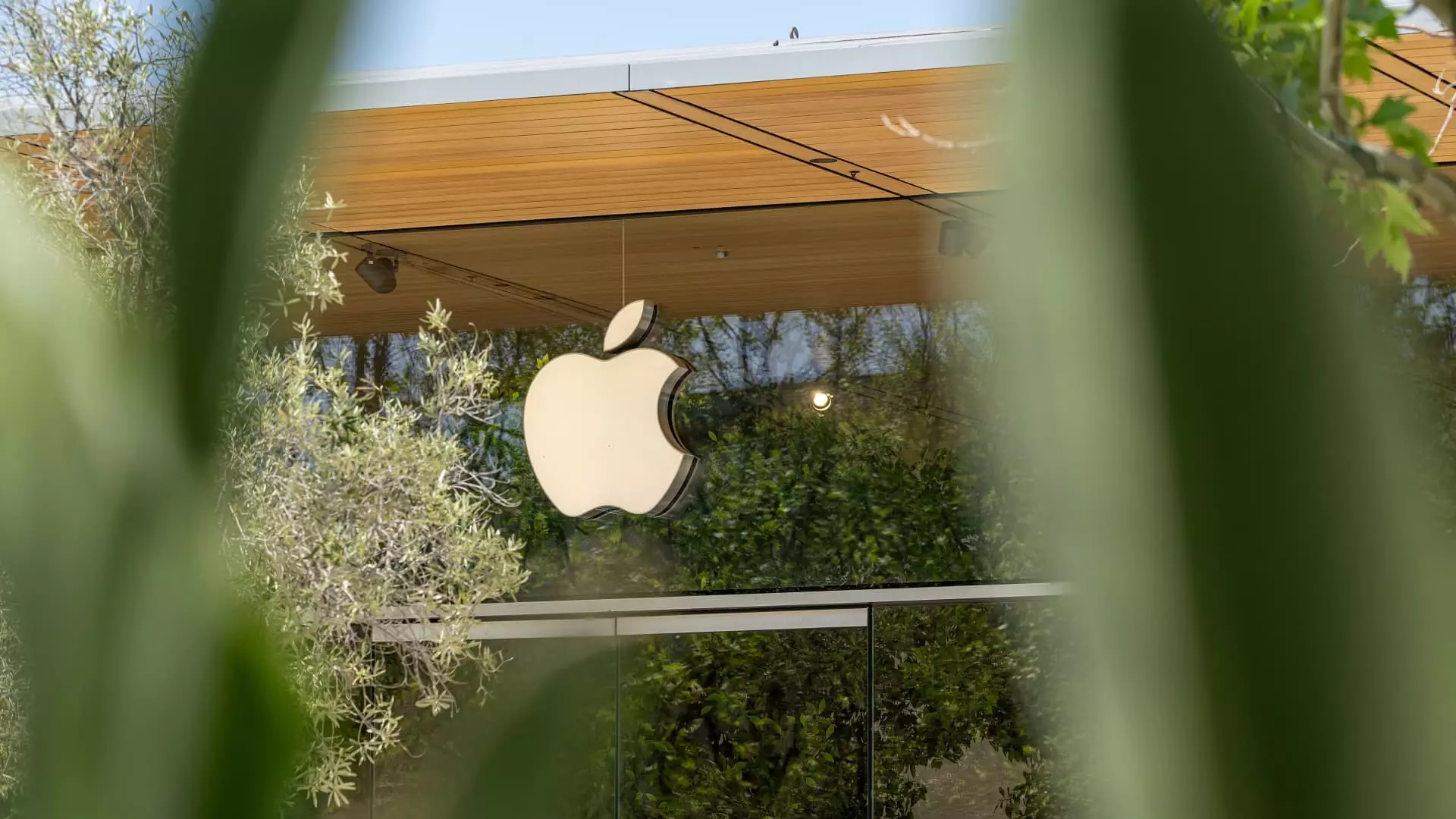The legal showdown between Apple and Epic Games has reached another critical juncture as Apple appeals a recent court ruling that challenges its App Store financial policies. This dispute, rooted in issues of competition and marketplace dominance, has ensnared both companies in a contentious battle over how app transactions should be regulated. The heart of the matter lies in Apple’s longstanding commission practice on in-app purchases, a model that critics, including Epic Games, argue stifles competition and innovation in the app development landscape.
Judge Rogers’ Tough Stance
In a pivotal ruling last month, U.S. District Judge Yvonne Gonzalez Rogers concluded that Apple had not complied with earlier mandates set forth in the 2021 trial. The judge’s decision called for significant adjustments to Apple’s policy, particularly regarding its restrictions on app developers linking to external payment systems. By ordering Apple to cease implementing commissions on purchases that utilize these links, Rogers opened the door for developers like Spotify and Amazon to directly engage with users, thereby bypassing Apple’s commission structure. The new ruling signifies not just a legal victory for Epic but hints at broader implications for digital commerce on mobile platforms.
The Stakes for Apple
Apple’s emergency motion for a stay on Judge Rogers’ latest ruling underscores the stakes involved. The company argues that enforcing these changes will result in financial repercussions that could range from hundreds of millions to billions of dollars annually. The fear is palpable within Apple’s corporate framework as they contemplate the potential erosion of their revenue model. This motion not only highlights the economic concern but also illustrates Apple’s broader strategy to protect its ecosystem and revenue streams against what it perceives as unchecked regulatory pressures.
Epic Games’ Maneuvering
Conversely, Epic Games has seized this moment as an opportunity to position itself as a champion of developer rights. By advocating for policy changes that enable developers to control their payment systems, Epic is not merely challenging Apple’s practices but is attempting to shift the balance of power in the app ecosystem. Tim Sweeney, the CEO of Epic, has expressed that the court’s decision aligns with the company’s core mission: fostering a competitive landscape that benefits both developers and consumers alike. The introduction of software tools to facilitate external links further evidences Epic’s commitment to dismantling Apple’s financial stronghold.
Apple’s Legal Strategies
Within the backdrop of this legal tussle is the assertion by Judge Rogers that Apple misled the court during the proceedings—an extraordinary charge that introduces an element of ethical accountability into this corporate feud. Apple’s attorneys’ focus on the punitive nature of Rogers’ orders, rather than addressing allegations of misrepresentation, hints at both a tactical and defensive approach. By asserting that civil contempt sanctions should coerce rather than punish, Apple is attempting to frame itself as a compliant entity caught in a web of legal intricacies rather than a violator of the court’s directives.
The Implications for Developers
The potential changes to payment processing on app platforms resonate deeply within the developer community. The hitherto rigid frameworks surrounding app store policies have long been a source of frustration for developers, who argue that the 30% commission often weighs heavily on their businesses. If enforced, the new rulings could carve pathways for enhanced revenue models that allow developers to thrive without the constraints imposed by major platforms. This prospect of lower costs and increased flexibility could redefine app monetization strategies and ultimately benefit consumers through lower prices and more choices.
A Broader Outlook on Digital Commerce
As the saga unfolds, it raises significant questions about the future of digital commerce. The ongoing conflict between Apple and Epic Games may serve as a bellwether for how tech giants operate in an increasingly scrutinized environment. With regulators around the globe taking a keen interest in market competition, the outcomes of these high-profile legal battles may set precedents that could affect not just Apple and Epic but the entire tech ecosystem. A transparent market where developers have the freedom to engage with consumers directly could significantly challenge the existing status quo—inviting a new era of innovation and competition that prioritizes consumer choice.

